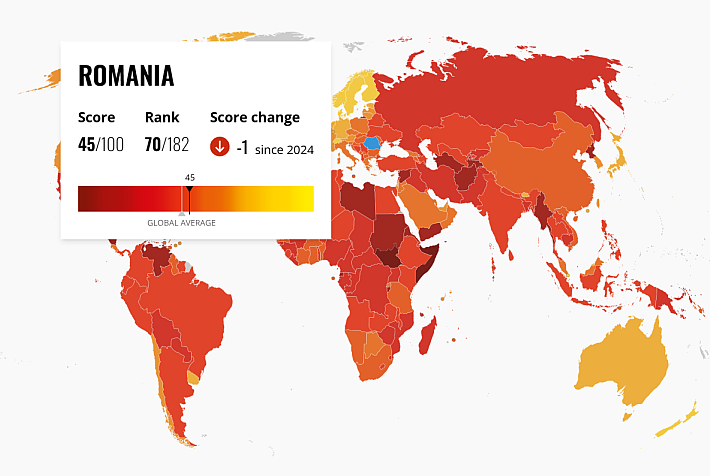Wages in Romania return to robust growth after absorbing the inflationary shock

The net wages in Romania, adjusted for inflation (real terms), have bounced back quickly from the fall caused by the inflationary shock during 2022, helped by the wage hikes in the budgetary sector (such as education) but mainly as employers accepted gradually to compensate for the sharp rise in consumer prices.
In October 2023, the net wages in Romania were, on average, 17% higher nominally and 8.3% larger in real terms compared to a year earlier: RON 4,692 (EUR 944, +16% y/y). The minimum statutory wage being revised upwards by 10% from RON 3,000 to RON 3,300 (EUR 660) effective October contributed to the visible advance in the month (+2.2% m/m).
In real terms, the net wages were thus in October 2023 slightly higher than in December 2022 – when the yearend bonuses for 2022 were paid.
The tight labour market may explain the correlation between wages and consumer prices (seen by some as a vicious circle), but a likely more plausible explanation is the low level of wages in absolute terms (hence employees’ weak capacity to absorb inflation).
The government expects the net wages to keep rising by over 3% per year in real terms over the coming four years at least.
iulian@romania-insider.com
(Photo source: Andrii Yalanskyi/Dreamstime.com)













